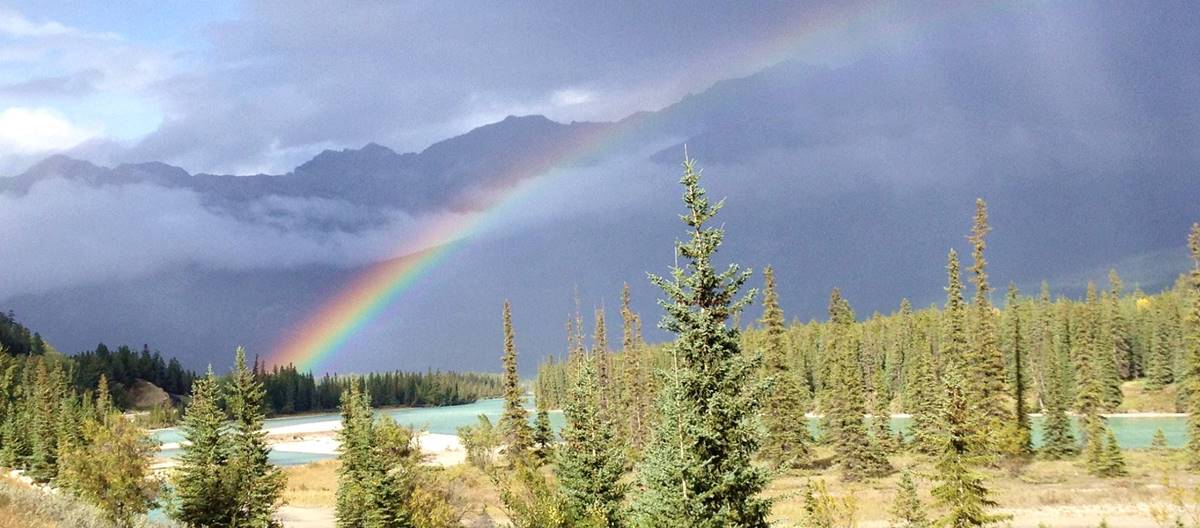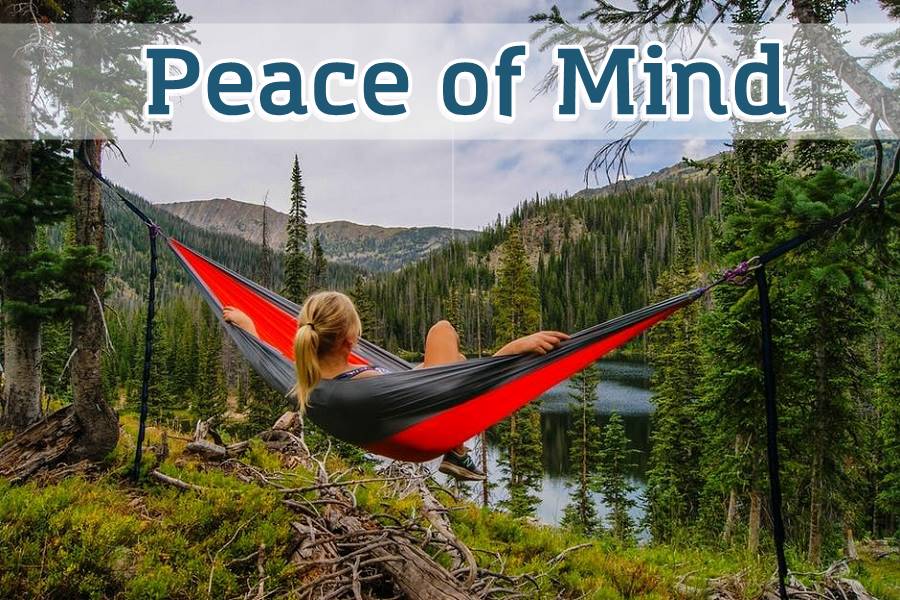Travel Insurance, the basics
Why is travel insurance necessary?
The idea behind travel insurance is to reduce financial risks for the insured person in case he or she is involved in mishaps while traveling either at home or abroad. These "mishaps" can be any or all of the following, depending on the insurance's coverage:
- Accidents, including death
- Medical and health cover for injury or sudden illness abroad (even if it arises from a pre-existing condition).
- 24-hour emergency service and emergency evacuation
- Lost and stolen personal belongings
- Cancellation or interruption of your trip
- Personal liability for damage or injury that you may cause to others
- Extra activities (jet skiing, scuba diving)
- Other: personal accidents, legal expenses, protection against airline or tour operator bankruptcy.
- Missed or cancelled flights
- Theft, terrorism
Travel is risky
The risk involved during travel depends on the nature of your trip, and it considers how dangerous your destination is and what kind of "risky" outdoor activity you intend to practice.
Risk also takes into account your age and any pre-existing medical conditions that you may have (like a heart condition).
Other insurance, covering the trip or your personal belongings will take into consideration the money that you havee paid in advance for your vacation (including lodging, tours and flights) and the value of your baggage and personal belongings) as well as the financial standing of your travel agent (will they go broke?) and the duration of your trip.
Bear in mind that even if you travel to a safe country, are in good health and will pay as you go... accidents do happen and things can turn very nasty and extremely costly in just one second.
Unlikely Events can kill and maim
4.5 million people visit the Grand Canyon National Park every year and on average, 12 of them die there. It is a relatively low risk 1 in 375,000 visitors. Risky sports also take their toll: Hang gliding is the most risky sport of all with a death risk of 1 out of every 116,000 flights. Other high risk sports include Sky Diving with a 1 in 142,000 jumps death rate and scuba diving, which causes 1 death every 200,000 dives.
Considering such low odds, many travelers decide to skip the travel insurance. And that is a very costly mistake.
No insurance means no coverage
Your credit card accident cover, your home insurance or your Health Insurance Card may not offer sufficient coverage. Accidents abroad can be extremely costly: an accident or illness requiring an air ambulance flight or even one with a scheduled flight and escort doctor can cost tens of thousands of U.S. dollars.
The Solution: buy Travel Insurance
Travel Insurance is the best way to protect your personal finances from events that may take place during (or even before) your trip:
The policy should cover your full trip. If you have a multi-trip policy (which is usually cheaper than single-trip ones), check the number of days' covered on each trip.
Exclusions
Travel Insurance excludes incidents related to drug or alcohol abuse, and in general, acts of terrorism.
Insurance Tips
Any insurance is better than none at all.
The cheaper the insurance, the less it covers. Don't be too stingy, get adequate coverage by comparing prices and shopping around.
Travel Insurance Providers
It is a good idea to check the options offered by different companies, either as individual coverage or package deals. Below are some big-name companies:
A useful site that compares costs across different insurance providers is Insuremytrip.com, they also sell insurance coverage.
Credit Cards and other insurance
Your credit card company probably provides some kind of "travel coverage", but in general it is limited and often has a Cap on assistance expenses for accidents. Will only cover you for non-preexisting illness. But in the event of death, it will repatriate the remains of the deceased. So it is actually a limited personal accident insurance: you had a bad heart and had to go to a hospital? You are not covered.
ISIC Cards
The Basic ISIC student, IYTC Youth and ITIC Teachers card cost $25 and include basic travel insurance (Visit ISIC Travel Insurance for full details).
Insurance Prices
Travel Insurance premiums vary considerably depending on the coverage and your age (if you are over 50 they cost more). The average cost is around 5 to 12% of the total trip's cost.
You may have to pay and then get reimbursed
Don't think about insurance as a blank check. In the case of trip-cancellation policies you will be reimbursed later, but you will have to pay out-of-your pocket for the expenses. In the case of medical insurance you may have to pay certain costs too. Before paying anything phone your insurance company and ask for instructions. They usually have a 24 ⁄ 7 phone service.
Types of Coverage
Below we outline some of the general kinds of travel insurance available. Of course, these are rough guidelines. For specific coverage you should contact a Travel Insurance Company and check their policies and coverage levels.
Insurance types
The main types are: Medical, Baggage, Flight Insurance, Trip cancellation and interruption, evacuation.
Supplemental (additional) coverage can be purchased too, covering certain risks.
They are usually sold in combinations which include most of them.
Travel Alerts
Did your country issue a Foreign Travel Advice warning about travel risk in certain countries? (See UK: www.gov.uk foreign travel advice or Australia www.smartraveller.gov.au).
If so, consider buying supplemental coverage because you may face difficulties with cancellation or medical insurance.
Pre-existing conditions
In most cases, pre-existing conditions are covered by both Medical and trip-cancellation or interruption policies. But they should be reported when you buy your insurance.
Extreme Adventure Sports: get extra insurance
Extreme sports or dangerous outdoor activities may not be covered by your medical and ⁄ or evacuation insurance.
You can purchase special supplemental adventure-sports coverage just in case, if you will engage in Mountain Climbing, Trekking or Bungee Jumping (just to mention a few).
Personal belongings
Your valuable personal articles can be stolen, lost or damaged during travel. They can be insured.
Check the limits in value to see if they cover the cost of your belongings. Police reports should be filed immediately upon detecting a loss or theft, keep the report as proof for your claim.
Remember that you must take care of your property at all times, as if it were uninsured or the policy may not pay out.
Bags get lost on flights but airlines pay a certain value per kilo of lost baggage, which may not cover the full value of your belongings. So additional insurance is a good idea.


